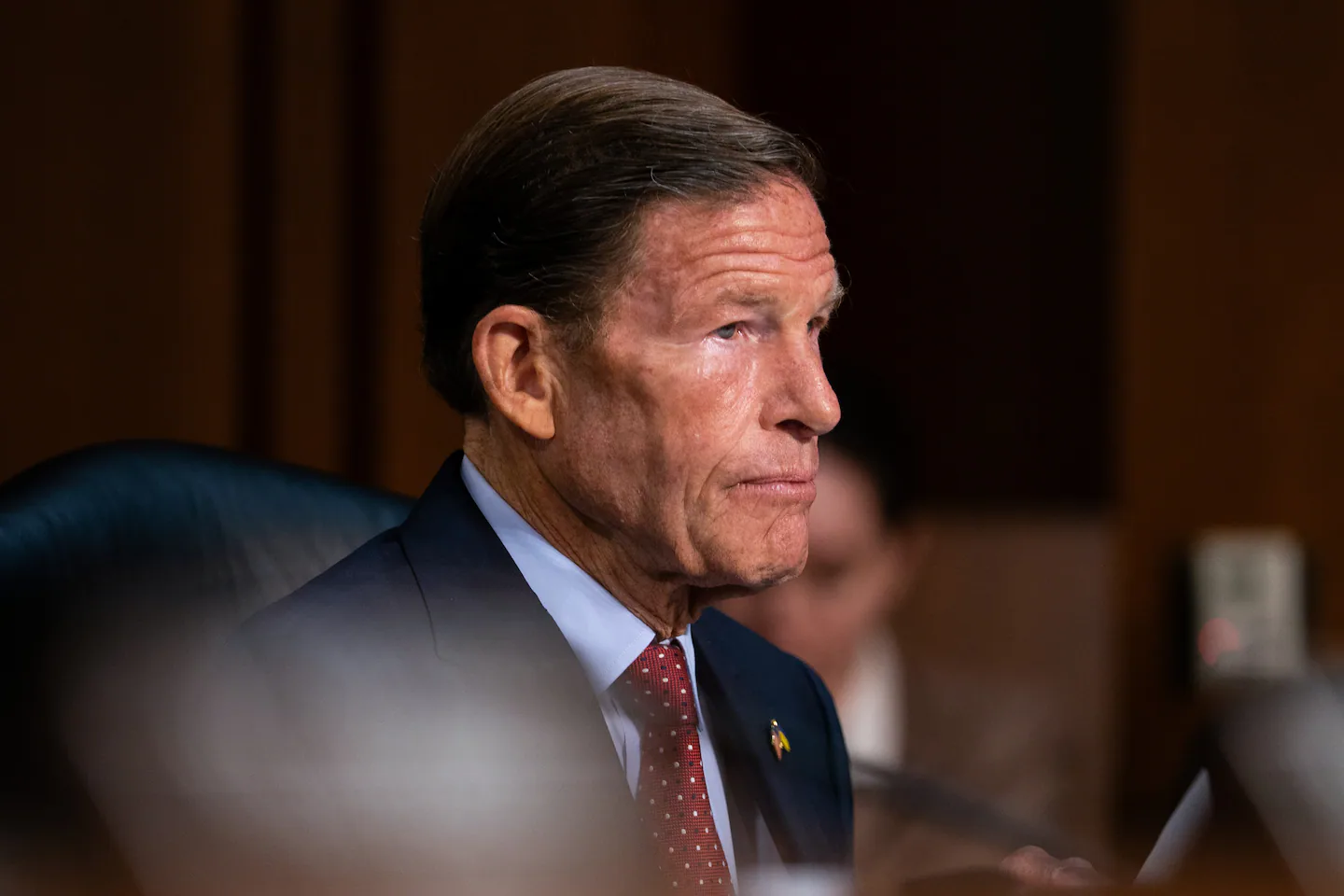Copyright Reuters

Nov 12 (Reuters) - Thirteen years of litigation, 375,000 hours of work, $100 million in expenses. By any measure, the amount of effort that plaintiffs’ attorneys say they devoted to litigating an antitrust class action against insurer Blue Cross Blue Shield on behalf of health care providers nationwide was immense. The work paid off, culminating in a $2.8 billion settlement finalized in August, which included about $759 million in legal fees and costs. Sign up here. Blue Cross, which declined to comment, has denied wrongdoing in agreeing to the settlement. It’s a hefty payday for the plaintiffs lawyers, but class counsel led by Joe Whatley and Edith Kallas of Whatley Kallas argue it's not the full measure of what they're owed. The fight over fees is more than a postscript to a long antitrust saga. It highlights a recurring tension in mass torts: when landmark cases spawn follow-on litigation, what reward do the lawyers who pioneered the actions deserve? Opting out is a time-honored strategy. Conventional wisdom holds that class members can get more money if they hire their own lawyers and litigate separately, rather than simply accepting a share of the class action payout. Whatley asserts the opt-out claimants are “free riding” on class counsel’s legal work, likening their behavior to copying a friend’s homework to get the same grade. “The opt-out lawyers want to use all of our work for their benefit, and we haven’t received one dime,” Whatley told me, citing precedent from the 11th U.S. Circuit Court of Appeals, which covers Alabama, that lawyers are entitled to compensation for work that provides a “common benefit” to other litigants. The case against Blue Cross dates back to 2012, when Whatley and other plaintiffs lawyers sued the insurer on behalf of hospitals, physicians and other healthcare providers. They alleged Blue Cross and some of its affiliates violated antitrust law by dividing the country into sections and agreeing not to compete with each other, which increased the cost of insurance and lowered reimbursements. The case settled after the plaintiffs won a series of key rulings, including what standard of antitrust review to use. In 2018, Proctor held that the “per se” rule applied. That meant the conduct by Blue Cross was presumed to be anti-competitive, and dramatically increased the likelihood that the healthcare providers would prevail if the case went to trial. Class counsel point to that ruling and others to justify their request to hold 12.5% of future recoveries against Blue Cross in escrow to reimburse them for their years of work. The exact amount they receive would be based on the extent to which their efforts are determined to benefit counsel in the follow-on cases. Granting their request would “in essence, impose a lien on future recoveries,” the opt-out lawyers said, arguing that it would create significant administrative burdens and impede their ability to successfully litigate their claims. The opt-out lawyers asked the court to allow discovery to test class counsel's claim that their prior work will actually benefit the opt-outs. They also question whether class counsel are trying to take more credit than they deserve, pointing to a related class action against Blue Cross involving claims by insurance policyholders (as opposed to healthcare providers) led by other plaintiffs’ lawyers who also worked on the common issues. That case settled for $2.7 billion in 2022. Discovery is necessary “to assess what claimed work product can be properly attributed” to which lawyers, the opt-out lawyers said. “The Providers admit that the Opt-Outs may have a lot of work to do to prove damages in their own cases,” Whatley and Kallas wrote. “But they will not be starting from scratch.” Reporting by Jenna Greene Our Standards: The Thomson Reuters Trust Principles., opens new tab Opinions expressed are those of the author. They do not reflect the views of Reuters News, which, under the Trust Principles, is committed to integrity, independence, and freedom from bias. Jenna Greene writes about legal business and culture, taking a broad look at trends in the profession, faces behind the cases, and quirky courtroom dramas. A longtime chronicler of the legal industry and high-profile litigation, she lives in Northern California. Reach Greene at jenna.greene@thomsonreuters.com



